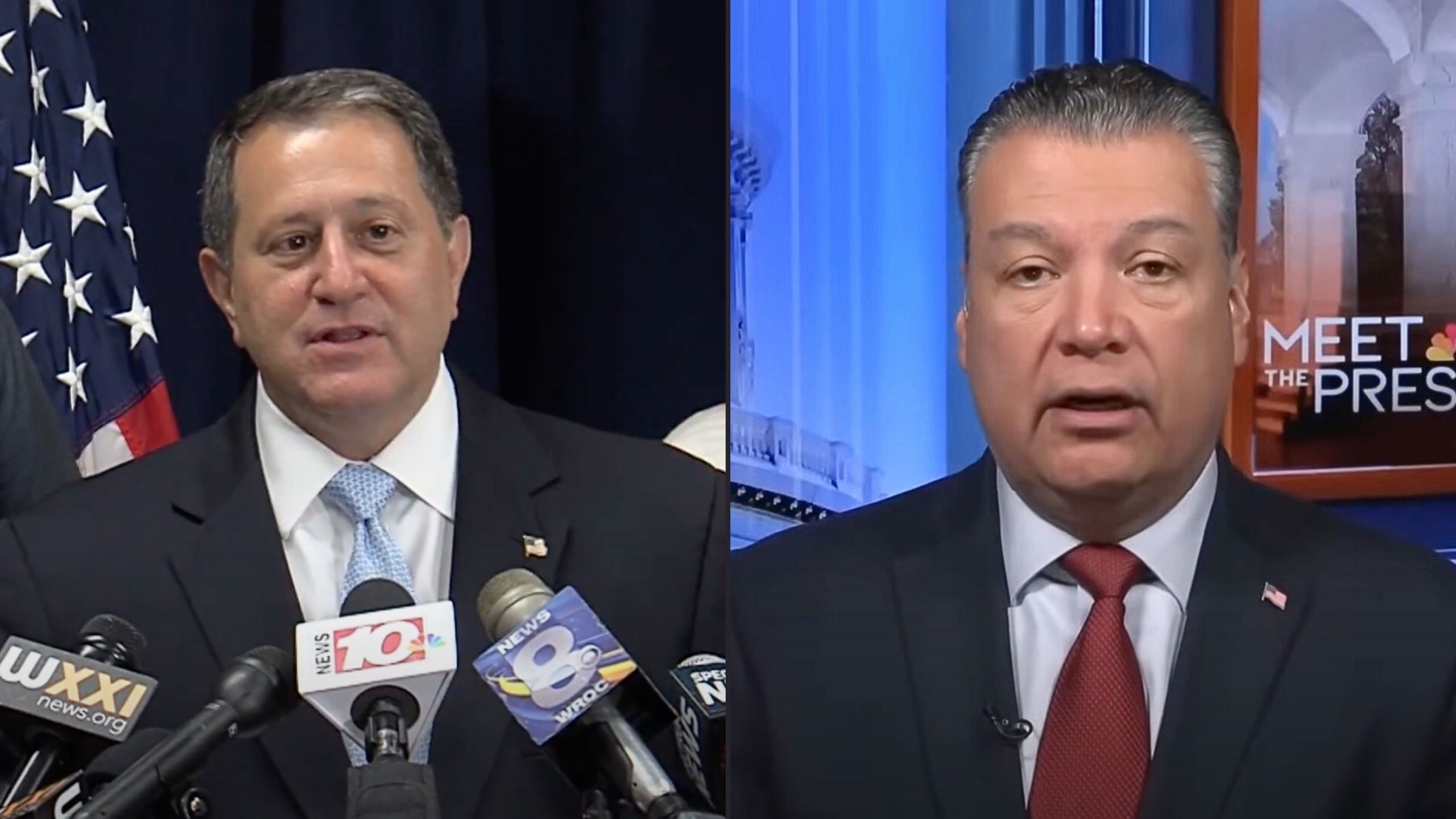Senator Alex Padilla (D-CA) and Representative Joe Morelle (D-NY) are once again championing censorship under the guise of election security, objecting to the Trump administration’s decision to sideline several officials within the Cybersecurity and Infrastructure Security Agency (CISA). These lawmakers, both strong advocates for government intervention in online discourse, are alarmed that employees who previously played a role in monitoring and flagging speech for suppression have been placed on administrative leave.
Padilla, the Ranking Member of the Senate Committee on Rules and Administration, and Morelle, the Ranking Member of the Committee on House Administration, are demanding explanations from senior CISA officials, asserting that the removal of these employees threatens election security. However, their concerns conveniently ignore the broader issue — CISA’s troubling involvement in suppressing free speech under the pretext of combating so-called “misinformation.”
In a formal letter, the lawmakers stated, “Election-related mis- and disinformation from domestic and foreign actors continues to threaten the strength and integrity of our democracy by weakening trust in our elections and promoting falsehoods about election officials that have resulted in threats against them and their families.” This rhetoric is a familiar justification for empowering government agencies to police online speech, often silencing dissenting voices and alternative perspectives in the process.
We obtained a copy of the letter for you here.
The removals at CISA are part of a course correction to ensure that federal agencies are not overstepping their bounds in surveilling and controlling public discourse. The Trump administration’s actions follow other moves aimed at restoring balance, such as dismantling an FBI task force that engaged in similar activities and removing Federal Election Commission (FEC) Chair Ellen Weintraub. Senator Padilla has responded by rallying fellow Democrats to demand the reinstatement of such figures, further exposing their commitment to government-controlled narratives.
Padilla and Morelle also question how CISA determined which employees to place on leave, suggesting that even those who had moved away from overt censorship operations remain essential to their agenda. They also bemoan CISA’s absence from recent election security conferences — gatherings that often serve as echo chambers for expanding government control over online speech.
The lawmakers’ letter demands a range of responses from CISA, seeking details on employee removals, directives from the Department of Homeland Security, and ongoing election security efforts. However, their real aim appears to be ensuring that CISA remains a stronghold for pro-censorship policies.
They have set a deadline of February 28, 2025, for CISA to respond, pushing for continued interference in election-related discourse. As they stated in their letter, “Regardless of party affiliation, all Americans deserve and expect free and fair elections.” Ironically, their persistent advocacy for government-regulated speech only undermines that very principle.










